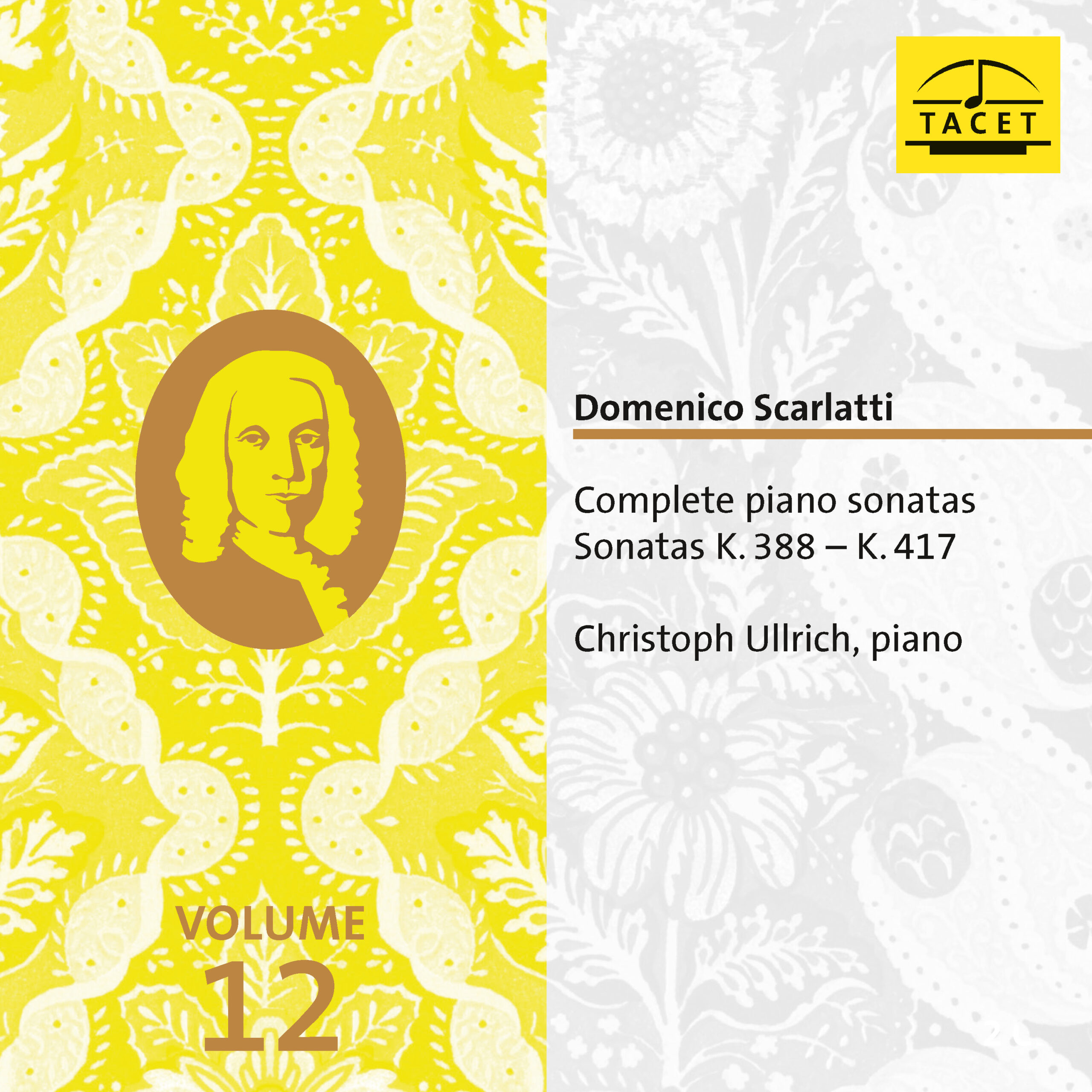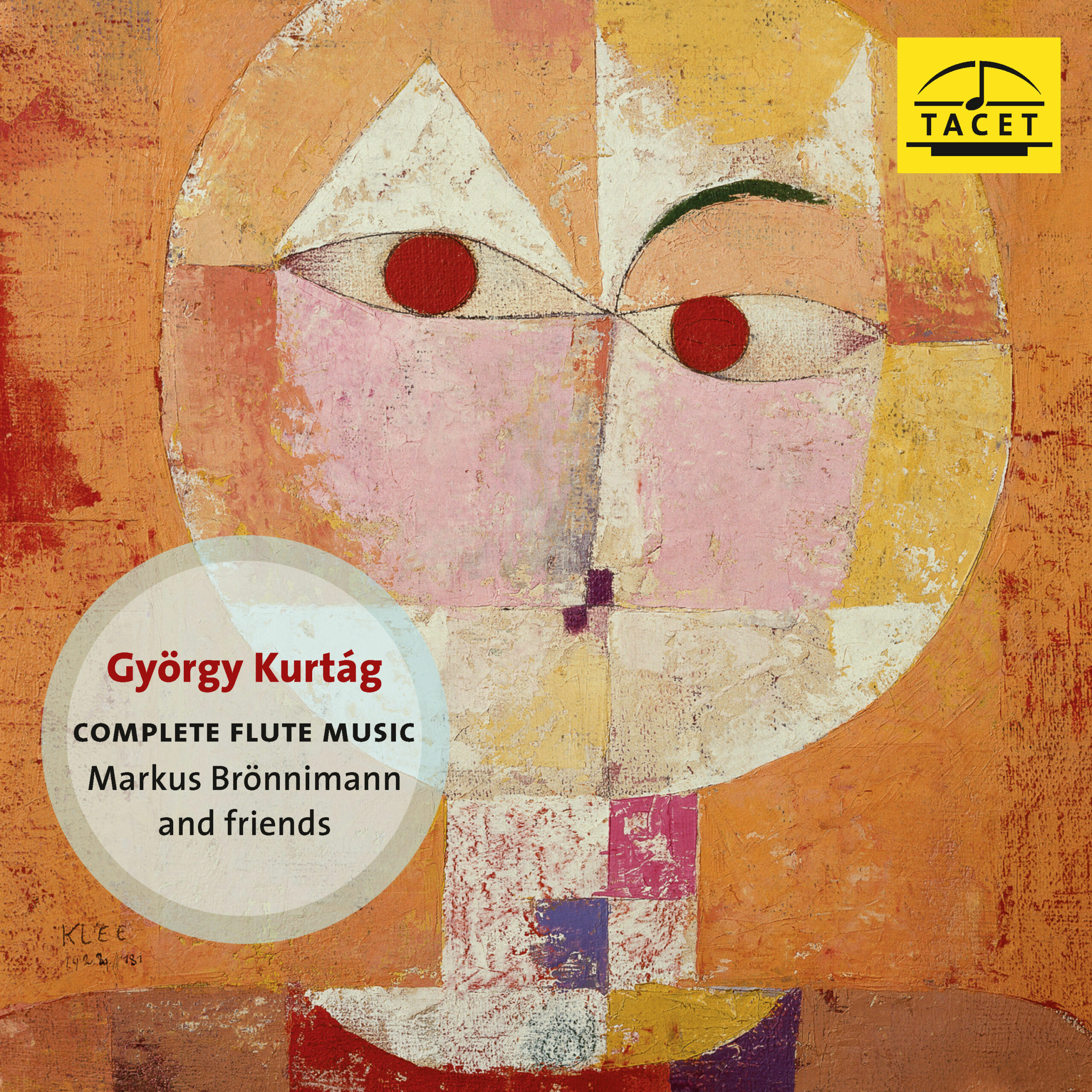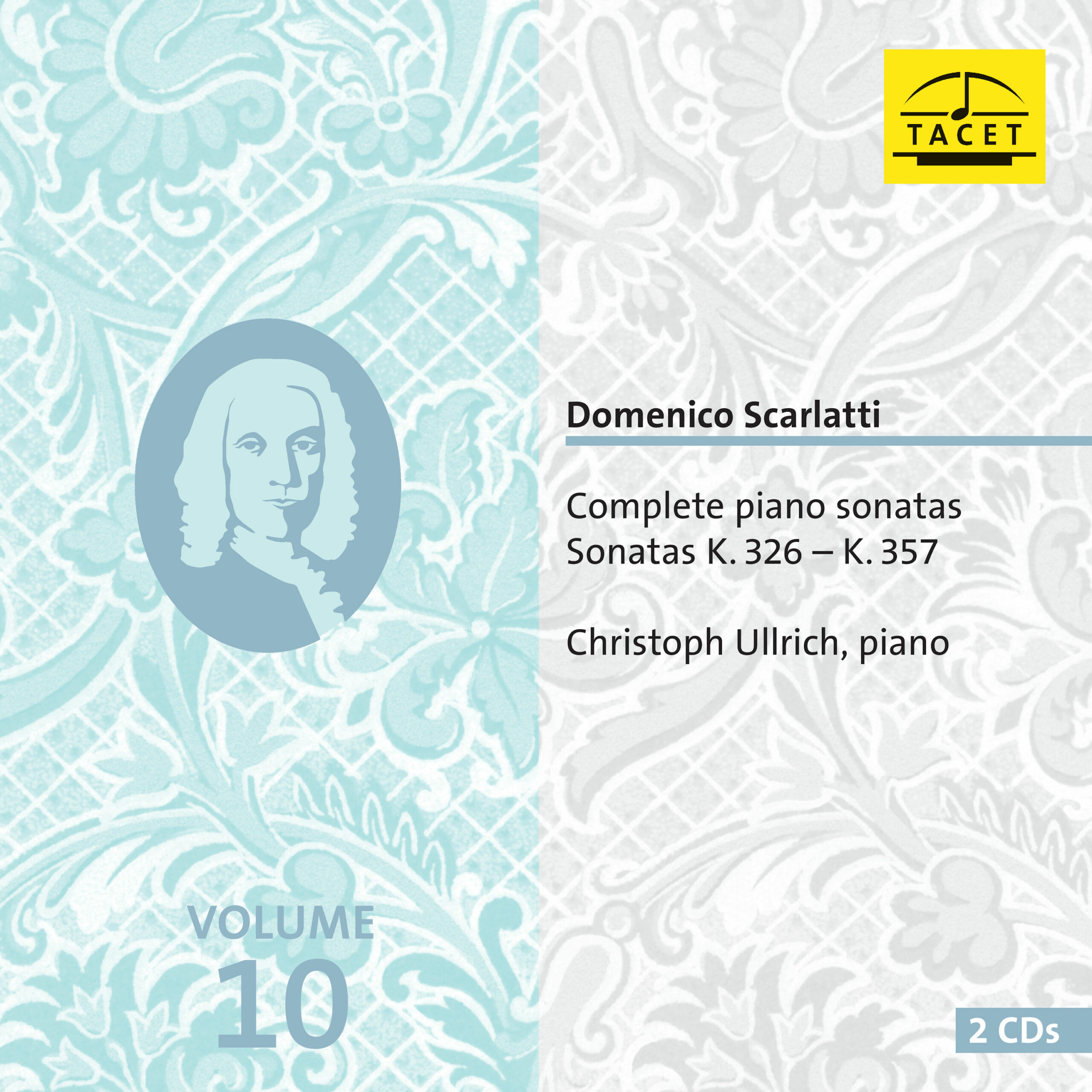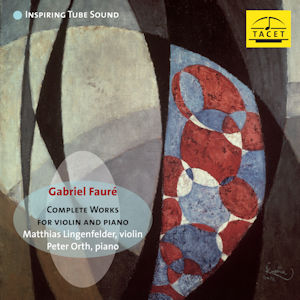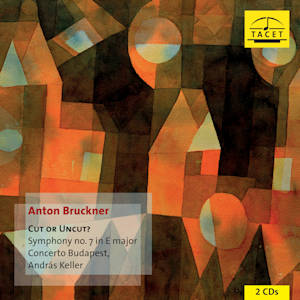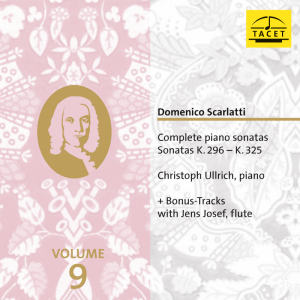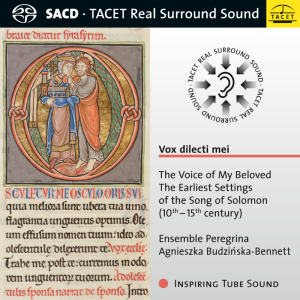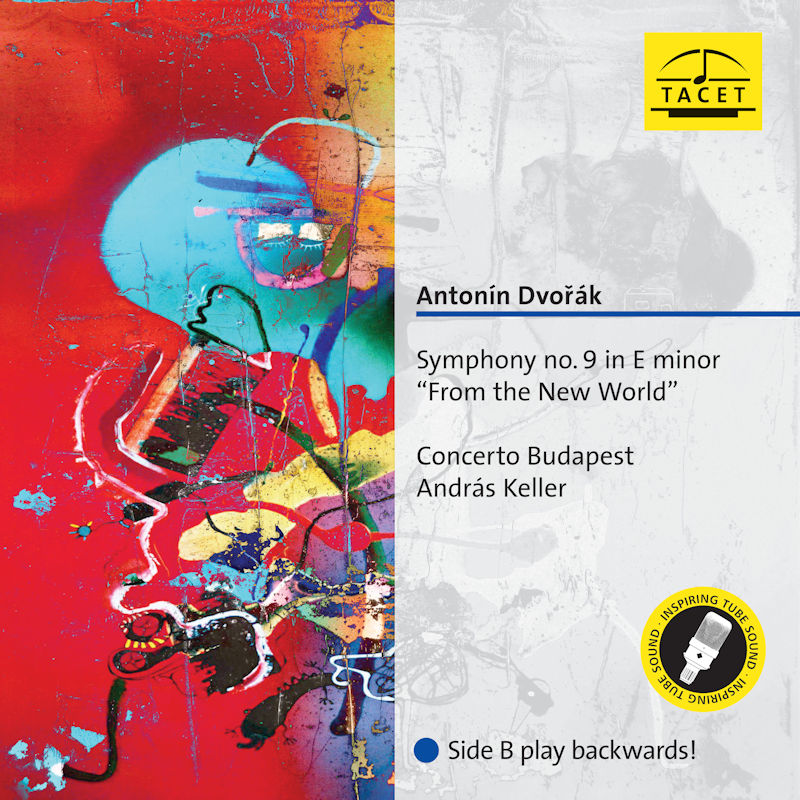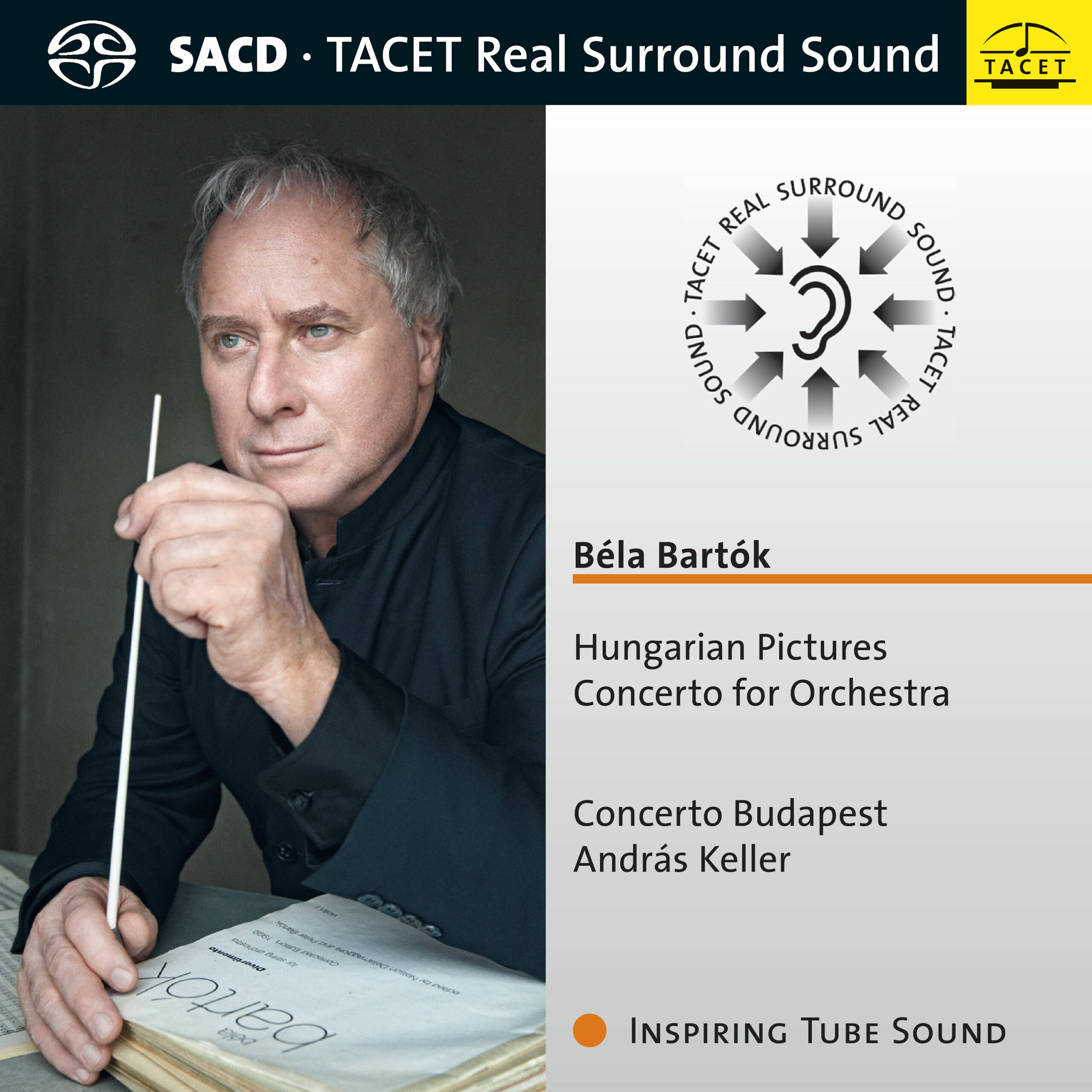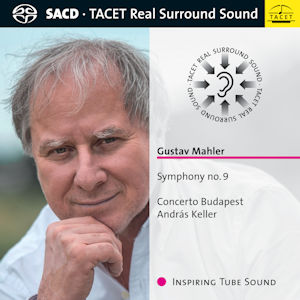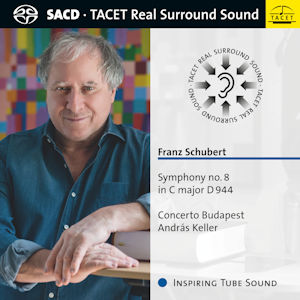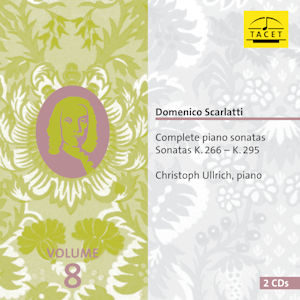Domenico Scarlatti vol. 12
Wer hätte zu Beginn des großen Scarlatti-Abenteuers vor 15 Jahren gedacht, dass es an seinem Ende gar keine CD mehr gibt? Wir vier, die wir im Scarlatti-Boot die zweistimmigen Weltmeere durchkreuzen, sicher nicht: Kapitän Christoph Ullrich am Steuer (Tastatur), Gerd Finkenstein im Maschinenraum (Flügel), ich als Funker (Aufnahme) und Thomas Seedorf (wissenschaftliche Begleitung und Texte) im Ausguck. Alles alte weiße Männer mit gegerbten Gesichtern… - Nun ja, es gibt die CD noch. Aber das Projekt dauert noch zwei Jahre… Wir ziehen das durch! Wer weiß, vielleicht wird es überhaupt die letzte ernsthafte große Gesamtausgabe, die für dieses Medium produziert wurde?…

